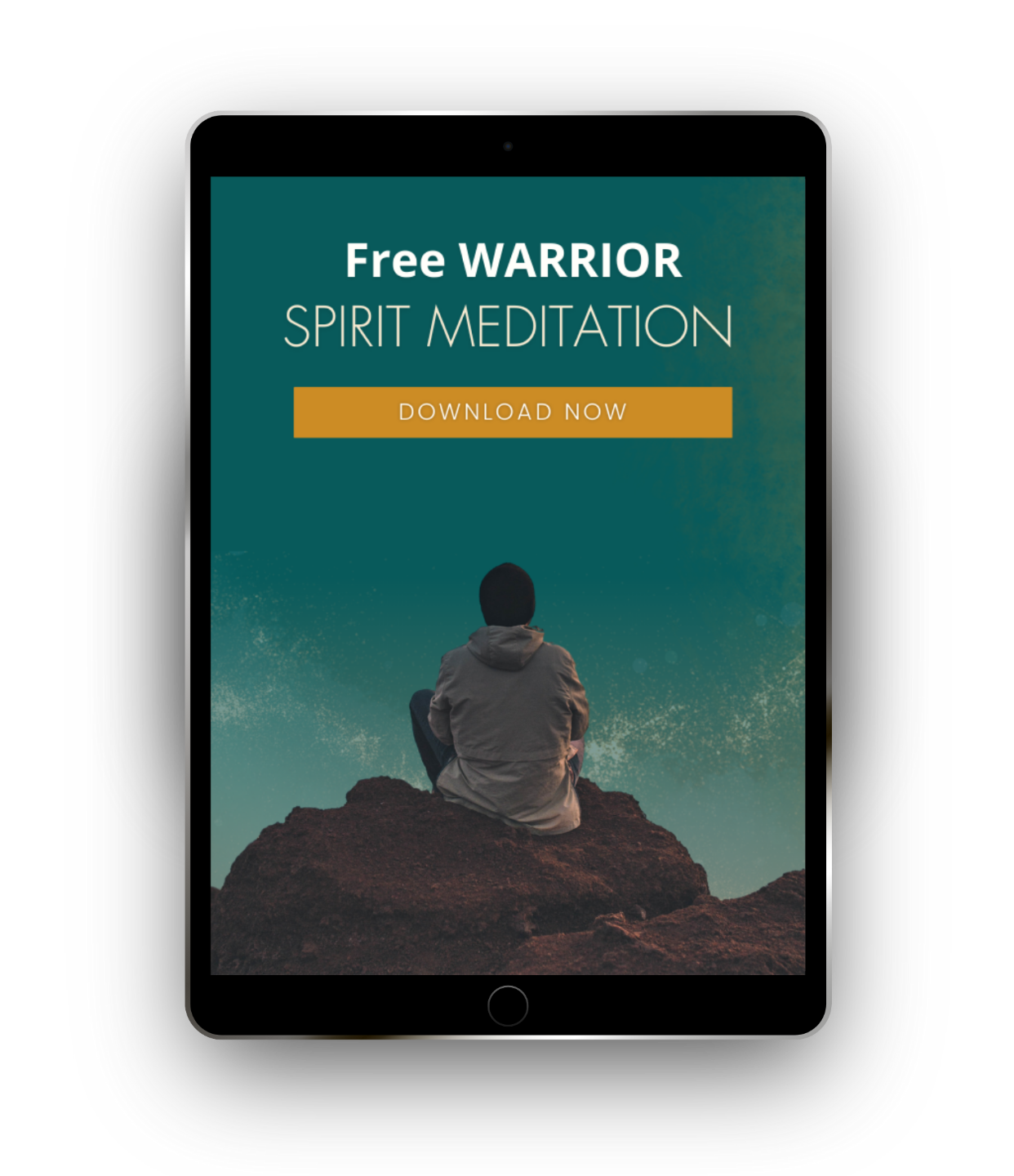
When Leadership Feels Like Too Much: What Mindfulness Actually Offers
Apr 28, 2025Many leaders I talk with describe feeling like they're running on autopilot. Effective on the outside, but increasingly disconnected from themselves on the inside. The role starts to consume the person.
If you're an entrepreneur or executive, you probably know this tension. The question isn't whether you can keep performing—you've proven you can. The question is whether you can keep performing without losing yourself in the process.
Mindfulness won't make you a better CEO in the way a new productivity system might. But it can help you lead from a place of clarity rather than reactivity, and show up as yourself rather than just your title.
What Mindfulness Actually Is
Mindfulness isn't a performance hack, it is an intentional effort. It's the practice of paying attention to what's actually happening in this moment—in your body, your thoughts, your environment—without immediately trying to fix, optimize, or escape it.
For leaders, this matters because you're constantly operating in the future—anticipating problems, planning next moves, worrying about outcomes that haven't happened yet. When that becomes your only mode of operation, you lose touch with what's actually true right now.
The cost? You miss important information available only in the present moment. Your decisions become more reactive than responsive. The line between "me" and "my role" blurs until you're not sure who you are without the performance.
What Mindfulness Offers
Awareness of Your Patterns
Most leaders operate on autopilot—ways of handling stress or making decisions that worked once but now create problems. Mindfulness helps you see these patterns as they're happening. That moment of awareness—"I notice I'm about to respond from anger"—creates space for a different choice.
Distinguishing Urgent from Important
Everything feels urgent when you're in constant reaction mode. Mindfulness helps you pause long enough to ask: "Is this actually urgent, or does my nervous system just think it is?"
Connection to Your Values
Many leaders can articulate their company's values but struggle to name their own. Or they realize their daily actions don't align with what they say matters most. Mindfulness creates space to check in: "Am I leading in a way that reflects who I want to be?"
Recognition of Your Limits
High-achievers often ignore their body's signals until something breaks. Mindfulness teaches you to notice the early warnings—tension, poor sleep, baseline irritability. This isn't about perfect self-care. It's about not bulldozing through every signal that you need to adjust.
The Integration Challenge
Here's what makes mindfulness difficult for leaders: it requires you to stop performing, even briefly. And if you've built your identity around always being "on," that can feel dangerous.
An entrepreneur I worked with said: "The hardest part wasn't finding time to practice. It was admitting that constantly pushing wasn't actually working, even though it had gotten me this far."
That's the real work—not the mechanics of meditation, but the willingness to question whether your current approach is sustainable.
Moving Forward
I invite you to consider that you don't need to optimize yourself into a better leader. You might just need to reconnect with the person who started this journey in the first place.
Mindfulness can help with that. Not because it makes you more effective (though it might), but because it helps you see more clearly what you're actually doing and whether it aligns with who you want to be.
If you're curious about exploring how mindfulness might support your leadership—not as a performance tool, but as a way of staying connected to yourself while carrying responsibility for others—I'd be glad to talk. Schedule a 15-minute conversation to explore what that might look like.
The work isn't about becoming someone different. It's about staying yourself while the pressure tries to turn you into just a role.

